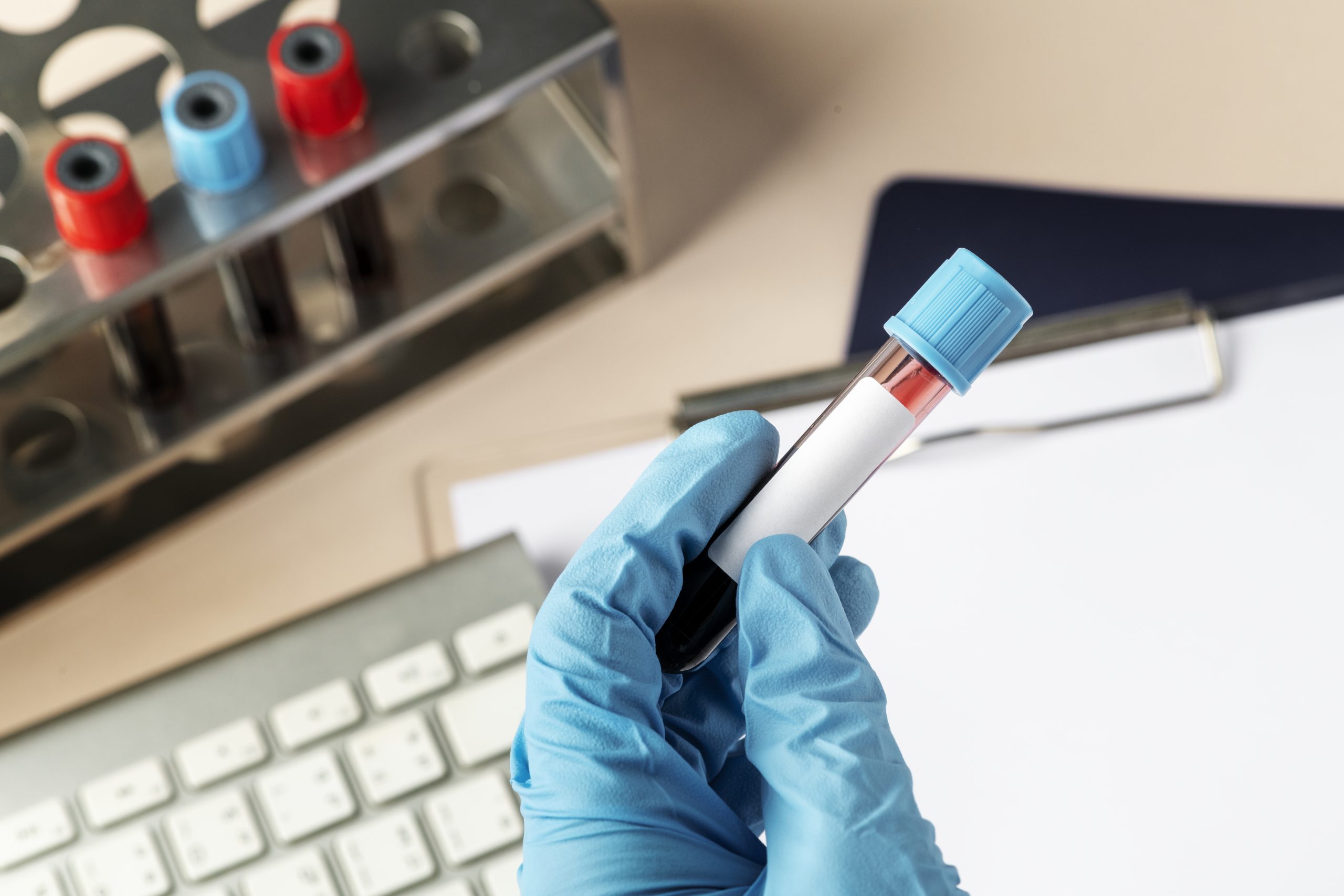
Delirium is an abrupt change in the brain that causes mental confusion and emotional disruption. It makes it difficult to think, remember, sleep, pay attention, and more.
Types of Delirium
Delirium is categorized by its cause, severity, and characteristics:
- Delirium Tremens is a severe form of the condition experienced by people who are trying to stop drinking. Usually, they’ve been drinking large amounts of alcohol for many years.
- Hyperactive Delirium is characterized by being highly alert and uncooperative.
- Hypoactive Delirium is when you tend to sleep more and become inattentive and disorganized with daily tasks. You might miss meals or appointments.
What Causes Delirium?
Any condition or factor that significantly changes your brain function can cause severe mental confusion, diseases that cause inflammation and infection, such as pneumonia, can interfere with brain function. Additionally, taking certain medications (such as blood pressure medicine) or misusing drugs can disrupt chemicals in the brain.
The following factors may also contribute to delirium: sleep deprivation, certain medication, dehydration, poor nutrition, infections such as a urinary tract infection, alcohol withdrawal.
Who’s at risk for delirium?
If you’re over 65 or have numerous health conditions, you’re more at risk for delirium.
Others who have increased risk of delirium include: People who’ve had surgery, withdrawing from alcohol and drugs, experienced conditions that damage the brain (for example, stroke and dementia), under extreme emotional stress.
How is delirium diagnosed?
Confusion Assessment Method (CAM)
Your doctor will observe your symptoms and examine you to see if you can think, speak, and move normally.
Some health practitioners use CAM to diagnose or rule out delirium. This helps them observe whether or not:
- your behavior changes throughout the day, especially if you’re hospitalized
- you have a hard time paying attention or following others as they speak
- you’re rambling
Tests and Exams
Many factors can cause changes in brain chemistry. Your doctor will try to determine the cause of the delirium by running tests relevant to your symptoms and medical history.
One or more of the following tests may be needed to check for imbalances:
blood chemistry test, head scans, drug and alcohol tests, thyroid tests, liver tests, chest X-ray, urine tests.
How is delirium treated?
Depending on the cause of the delirium, treatment may include taking or stopping certain medications.
In older adults, an accurate diagnosis is important for treatment, as delirium symptoms are similar to dementia, but the treatments are very different.
Medications
Your doctor will prescribe medications to treat the underlying cause of your delirium. For example, if your delirium is caused by a severe asthma attack, you might need an inhaler or breathing machine to restore your breathing.
If a bacterial infection is causing the delirium symptoms, antibiotics may be prescribed.
In some cases, your doctor may recommend that you stop drinking alcohol or stop taking certain medications (such as codeine or other drugs that depress your system).
Counseling
If you’re feeling disoriented, counseling may help to anchor your thoughts.
Counseling is also used as a treatment for people whose delirium was brought on by drug or alcohol use. In these cases, the treatment can help you abstain from using the substances that brought on the delirium.
Recovering from Delirium
Full recovery from delirium is possible with the right treatment. It can take up to a few weeks for you to think, speak, and feel physically like your old self.
You might have side effects from the medications used to treat this condition. Speak to your doctor about any concerns you may have.
Source https://www.healthline.com/health/delirium#recovery
More on Healthcare






Leave A Comment
You must be logged in to post a comment.